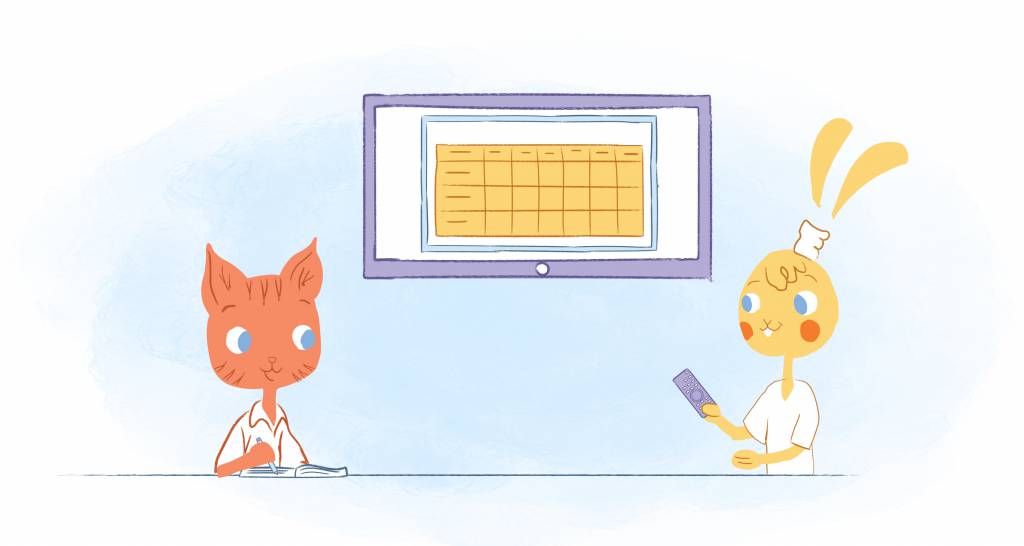

With only so many hours in a day to get work done, running a successful, profitable business relies on staff members’ ability to focus on the tasks at hand. So it’s understandable that companies put policies in place to help workers stay productive. Here are four productivity-minded policies that do more harm than good.
Some productivity-minded policies can be overly stringent, working against the core goal of supporting the team. Rather than motivating employees to accomplish their tasks — some practices can leave an employee unsupported. The employee may end up feeling disgruntled, micromanaged, and unenthused about their jobs.
So, what are these policies that do more harm than good?
1. Forbidding remote work
Seeing employees face-to-face, daily, promotes an interactive office culture, but barring them from telecommuting can be detrimental. Communication barriers quickly create distrust.
Also, the option to work remotely attracts a more significant number of applicants to a position. By not considering remote candidates, companies might be missing out on talent and people who would be more productive in the position.
With more access to technology, flexible work schedules are easier to manage than ever. Research shows that, among other benefits, workplace flexibility positively affects productivity. Believe it or not, teleworkers were found to be 35-40% more productive than their fellow in-office coworkers.
Instead of banning remote work, focus on managing a remote team in ways that promote high standards. Key steps include:
- Setting clear expectations
Just how many pieces of content should a remote writer be delivering on a given day? Should they be checking for and integrating edits as well?
- Conducting video meetings
Facetime is vital, especially for remote teams. Videoconferencing is an inexpensive way to touch base and bond.
- Encouraging routine
Routines help people be productive. Don’t micromanage workers’ daily schedules, but do encourage them to establish a workflow that they can stick to.
- Creating accountability
Some leaders believe that expectations only work when they are enforced. You can use all the same tools with remote workers as you can in-person ones, including raises and promotions as well as reprimands and demotions.
2. Requiring salaried employees to track their time
Federal law does not require companies to keep track of time for their salaried employees. The Fair Labor Standards Act only requires time monitoring for non-exempt employees.
With that said, some companies still require salaried employees to track their time.
The practice of having employees track their time has its benefits: It can help employees stay on task, not work overtime, track their vacation periods, and provide data about the time it takes to accomplish specific projects.
The downside is that requiring salaried employees to track their time could make them feel overly scrutinized, leading to anxiety about whether they are spending too much time on a particular task, and not enough time on others. And there may be an employee who has never had to fill out a timesheet. They may forget these tasks and need a reminder to two.
A better alternative to tracking time is working with employees to develop their time management skills, ensuring that they are managing their workload effectively and completing tasks by set deadlines.
3. Restricting cell phone use.
It’s understandable for employers to be concerned about excessive phone use at work. There’s a job to be done, and digital devices are distracting. But restricting cell phone use may backfire, causing employees to miss urgent notifications.
At the very least, allow employees to use their phones during scheduled breaks. If workers can’t contact a family member they’re worried about, they may spend the whole workday wondering what’s going on. Consider that a high distraction, especially among younger workers.
Instead of implementing policies that restrict phone use, allow employees to schedule time on their calendar during the day when they can check their cell phones. Or better yet, help them develop healthy phone habits that can help them maintain their productivity.
4. Restricting bathroom breaks.
Any time employees step away from their desks to take a break, they may risk losing focus on their tasks, making it difficult to get back into a groove afterward. The phenomenon that an employee would lose all focus during a break was widely publicized — leading some employers to track or limit employees’ bathroom breaks.
Given the fact that people don’t have any control over when nature calls, there isn’t much point to this practice, is there? Instead of increasing productivity, employees may wind up being unable to focus on anything other than the urgent “need to go.” Leadership should likely consider leaving this micromanaged area “off” their to-do list.
There are many benefits to taking breaks:
- Improve brain function
Studies show that people who take frequent breaks actually have more activity in some regions of the brain. These areas of the brain are responsible for higher-order thinking, like the prefrontal cortex, benefit, particularly from breaks.
- Maintain physical health
Breaks are an opportunity to get up, walk around, and get our blood flowing. Even a small amount of exercise can fight heart disease and obesity.
- Minimize decision fatigue
Work requires us to make dozens of decisions throughout the day. Giving ourselves a small window of decision-less time is a great way to fight decision fatigue.
- Boost motivation
Nobody can work all the time. Breaks are opportunities to remind yourself what you’re passionate about in your work.
Help employees with gaining health in strategic areas during their breaks, rather than sitting there in silence. Encourage them to take walks or eat snacks to replenish their energy levels. Designate areas in the office specifically for break times. Have you considered providing a nap room? Our office uses this room all the time.
The “nap” room has become a “privacy” room. Employees go there to think, meditate, sit in the dark a moment, shut out the noise, make a call — whatever. If the door is closed to the nap room — out of respect — no one bothers them.
It may seem like you need to control every aspect of your employees’ work lives to keep things running smoothly, but giving them room to breathe can go a long way. Try it, and watch the productivity — of the entire office — climb.











Angela Ruth
My name is Angela Ruth. I aim to help you learn how Calendar can help you manage your time, boost your productivity, and spend your days working on things that matter, both personally and professionally. Here's to improving all your calendars and becoming the person you are destined to become!